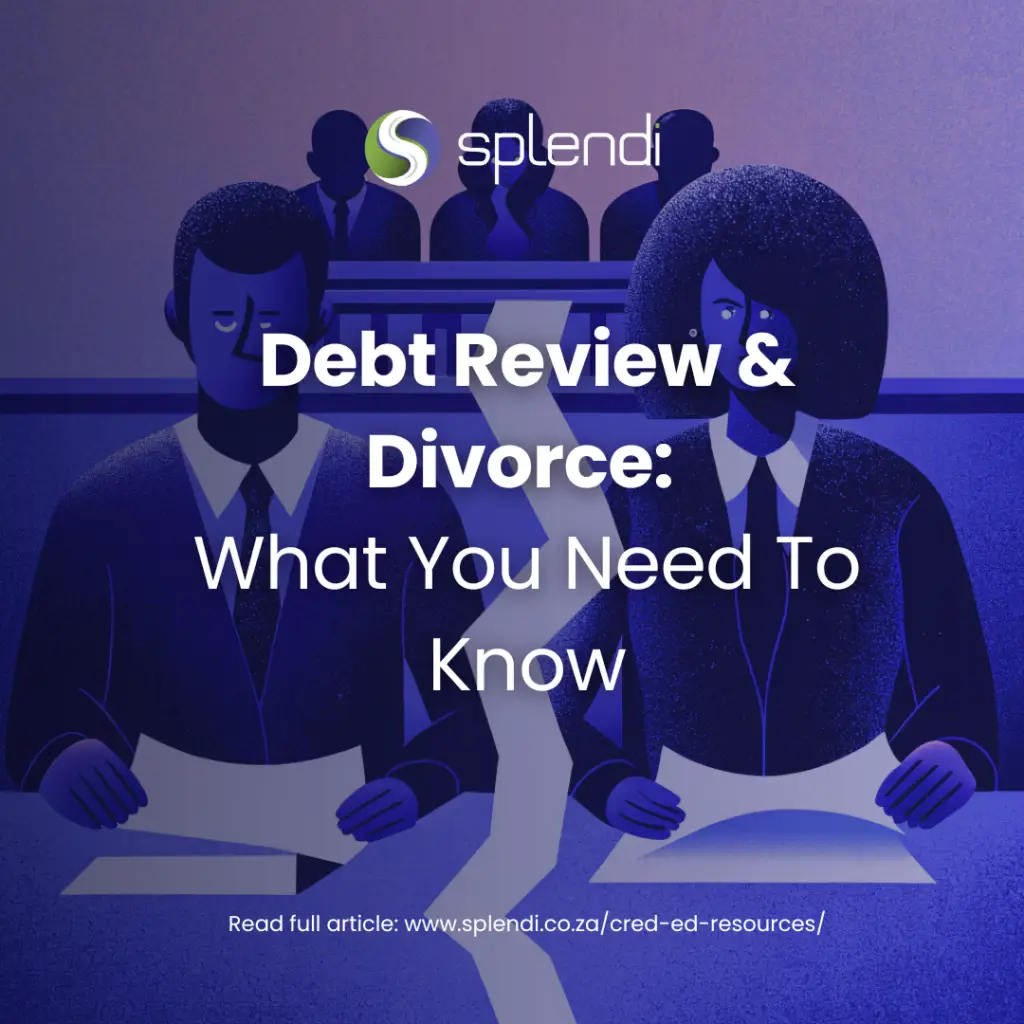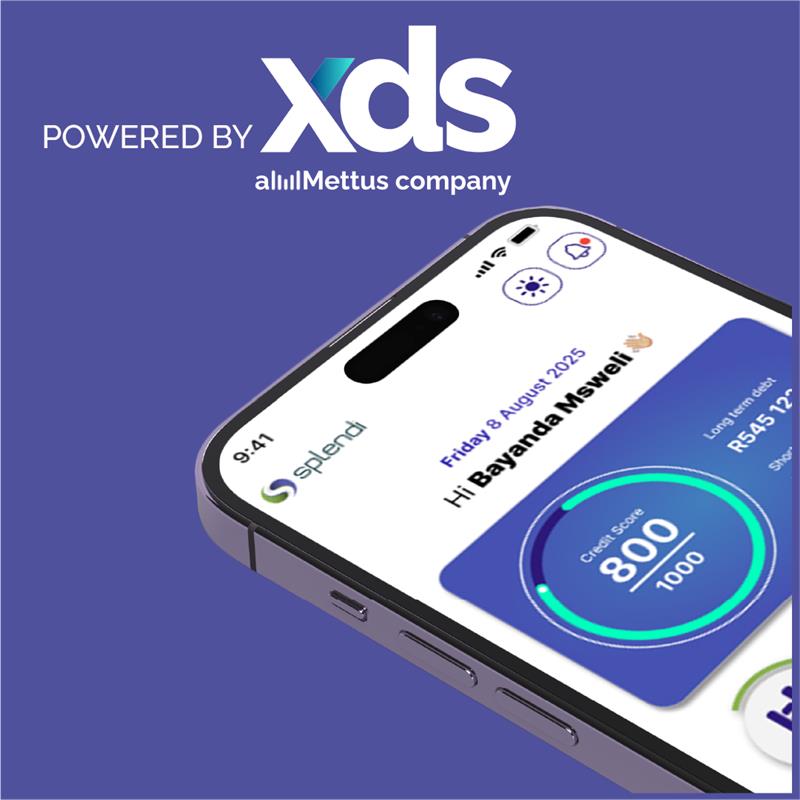Introduction
Divorce is already a complex and emotionally charged process. When combined with debt review, however, the challenges multiply. Whether you and your spouse have applied for debt review as a couple or only one partner is under review, understanding how these processes interact is crucial to protect your financial and legal interests. This guide clarifies the relationship between debt review and divorce so you can make informed decisions.
How Divorce Affects Debt Review
When a couple is under debt review, their debts are merged into one manageable repayment plan. In the event of a divorce, new factors come into play as you determine how to divide financial responsibilities. The impact differs depending on whether debt review was applied for jointly or individually.
Joint Debt Review Applications
If both you and your spouse applied for debt review together, your debts are consolidated into a single repayment plan. When divorcing, you will need to:
- Notify your debt counsellor immediately: Inform them of your situation so that your financial arrangement can be updated. For more information on regulated debt review, visit the National Credit Regulator (NCR).
- Reassess individual finances: Re-evaluate your income and expenses to determine what each partner can afford on their own.
- Consider separate debt review programmes: Based on your new financial standings, you might need to apply for individual debt review plans.
- Agree on debt responsibilities: Ensure the division of debt is clearly documented as part of the divorce settlement.
Individual Debt Review Applications
If only one spouse is under debt review, the existing repayment plan typically remains unchanged unless:
- There is a significant change in financial circumstances post-divorce (for example, due to loss of shared income or added financial obligations); or
- A need arises to renegotiate repayment terms with your debt counsellor based on an updated affordability assessment.
Who Is Responsible for the Debt After Divorce?
Debt responsibility after divorce largely depends on your marital contract. Consider the following scenarios:
In Community of Property
- Equal responsibility: Both spouses share equal liability for debts incurred during the marriage.
- Impact on debt review: If one spouse is under debt review, both parties are affected—even after the divorce.
- Restructuring requirement: The debt must typically be settled or restructured before the debt review process can be finalised.
Out of Community of Property (Without Accrual)
- Individual liability: Each spouse is responsible for their own debts.
- Isolated impact: The debt review process affects only the individual under review, leaving the other spouse’s credit record intact.
Out of Community of Property (With Accrual)
- Joint debt considerations: Only debts accumulated jointly during the marriage can be redistributed during divorce proceedings.
- Divorce settlement: A final settlement will determine how joint debts are allocated between both parties.
Managing Debt Review and Divorce Simultaneously
To avoid legal and financial complications, consider these steps:
- Consult Your Debt Counsellor Early: Inform your counsellor about your divorce plans so they can reassess your financial standing. Learn more about the process on the National Credit Regulator’s website.
- Work with a Divorce Attorney: Secure expert legal advice to ensure debts and financial responsibilities are fairly divided. For legal assistance, refer to reputable services like Legal Aid South Africa or consult a trusted law firm.
- Reassess Your Budget: Post-divorce, your financial circumstances are likely to change. Adjust your repayment plan accordingly to maintain stability.
- Explore Legal Options: In cases of dispute over debt division, you might need to seek a court ruling to finalise debt responsibilities. For further guidance on consumer rights, consider visiting the National Consumer Tribunal (NCT).
Final Thoughts
While debt review offers a structured route to financial relief, combining this process with divorce introduces added complexity. Whether you applied jointly or individually, clear communication with both your debt counsellor and legal advisor is essential to navigate these changes successfully. With the right support and careful planning, you can protect your financial future during this challenging transition.
Useful Resources
- National Credit Regulator (NCR): Find a registered debt counsellor and learn about the regulatory framework.
- Debt Counsellors Association of South Africa (DCASA): Access industry insights and support for debt management.
- National Consumer Tribunal (NCT): Gain legal guidance on consumer rights and dispute resolution.
- Legal Aid South Africa: Find legal advice if you need assistance with divorce or debt matters.




